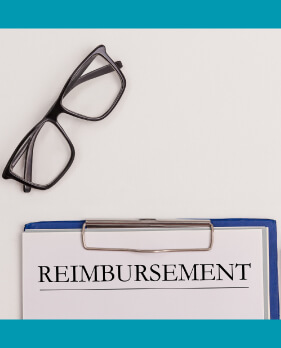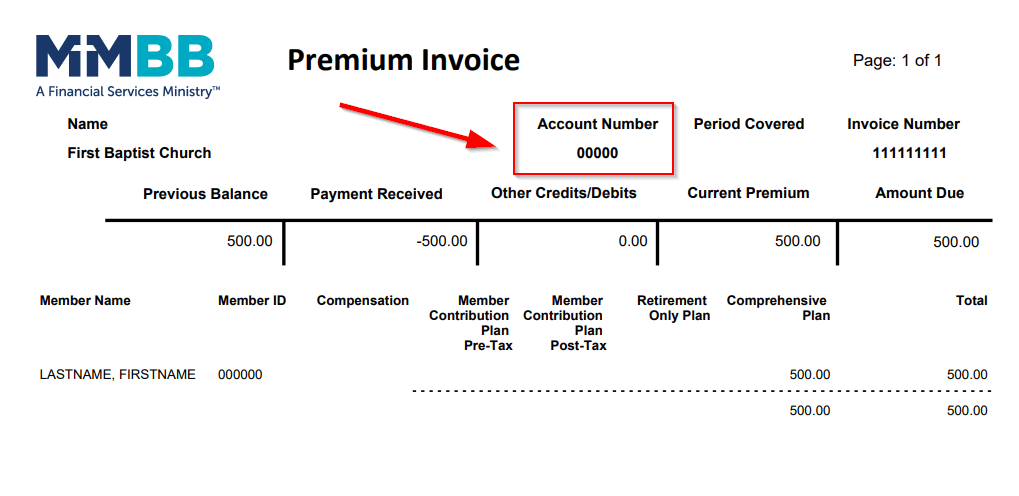Approval and Taxation
A church officer should approve reimbursements, ensuring all expenses meet policy requirements and are properly documented. Under an “accountable” plan, reimbursements are not reported as compensation on the employee’s W-2 and are not taxed as income.
Do Advance Monthly Stipends Count?
Advance monthly stipends to cover estimated costs do not qualify with the IRS as “accountable” reimbursement plans. Without proper documentation, stipends must be reported as taxable income and reported on a W-2 form.
Setting It All Up
Establishing an “accountable” reimbursement plan is easy. The church doesn’t need to file any forms with the IRS or obtain their permission. Here are the steps in this process:
- Documenting the Policy: Create a written policy defining eligible expenses and procedures and authorization for advance payments for specific purposes. Note that if advance payment exceeds the actual amount of the charges substantiated, the employee must return the excess within a reasonable time.
- Submitting Expense Reports: Staff must provide documentation to substantiate expenses.
- Appointing a Manager: Designate a church officer to manage the plan.
- Filing and Retaining Records: Organize and retain submitted reports and supporting documents.
Tax Deductions for Unreimbursed Expenses
Due to the Tax Cuts and Jobs Act (TCJA) of 2017, employees can no longer claim deductions for unreimbursed business expenses. Therefore, it is crucial to ensure business expenses are reimbursed tax-efficiently under an “accountable” plan.
By establishing an “accountable” reimbursement plan and adhering to these guidelines, a church can effectively manage its mission and ministry, reimburse employees tax-efficiently, and comply with IRS regulations.








 Next
Next


